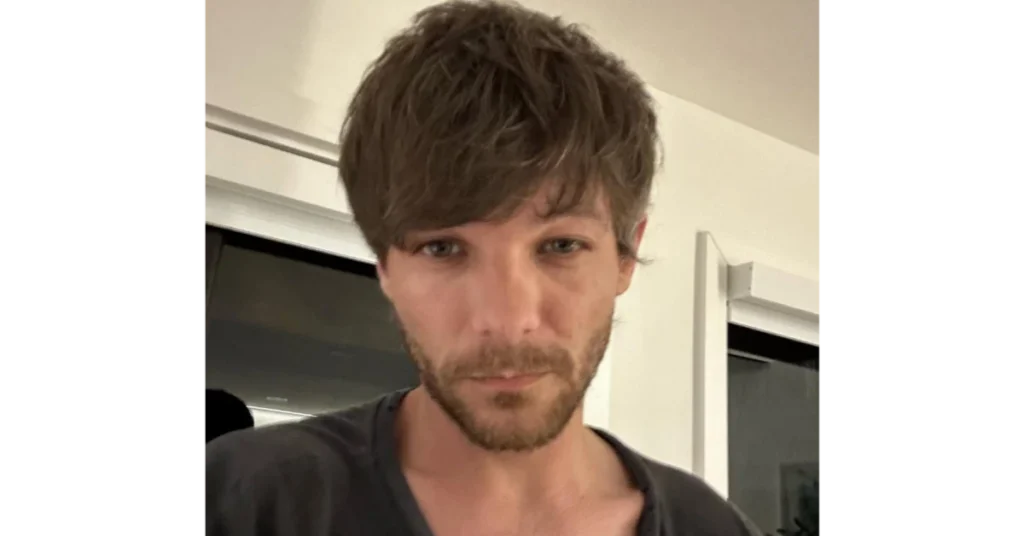Nearly a year after Payne’s tragic death in Argentina, Tomlinson reflects on grief, the band’s shared history, and why public judgments missed the mark.

Nearly a year after the world learned the heartbreaking news that Liam Payne had died, Louis Tomlinson is breaking his silence about what that loss felt like — and what it’s taught him about friendship, fame and compassion.
In a candid interview published this week, Tomlinson described the experience of losing a friend for the first time. What surprised him most, he said, was how different this grief was from anything he’d expected. He’d thought, reasonably enough, that having lived through hardship and public scrutiny for years might blunt the blow. Instead, it landed with a force he couldn’t soften.
Tomlinson recalled the unique role Payne played in the band early on: the steady voice in chaotic moments, the member with the most stage experience from day one.
Back when One Direction was a ragtag group of talented but inexperienced young men, Payne’s presence grounded them. “He was the safe pair of hands,” Tomlinson reflected — someone the others looked up to, even if they didn’t always admit it at the time.
That steadying presence, Tomlinson argues, has been overlooked in some public narratives about Payne. Over the years, Payne drew attention — and sometimes criticism — for blunt comments in interviews.
But Tomlinson pushes back on the harsher readings of those moments. To him, any missteps came from miscommunication, not malice. The impression Payne left on people who knew him well, Tomlinson says, contradicts the caricature of someone callous or uncaring.
Instead, he paints a portrait of someone very human: eager to be liked, sometimes awkward in expression, but rarely, if ever, intentionally hurtful.
The anniversary of the band’s formation on The X Factor, which the group marked this past July, felt especially complex this year. Past milestones, Louis admitted, used to trigger a nostalgia he’d grown tired of — “sick of nostalgia,” in his words.
This time, without Payne, the anniversary felt heavier and more urgent. It wasn’t merely a party to mark past success; it became a moment to honor a missing life and the ways that absence reshapes memory.
Tomlinson also described the chorus of public sympathy and private mourning that followed Payne’s death. Fellow bandmates — Harry Styles, Niall Horan and Zayn Malik — offered tributes, and fans around the world reacted with an outpouring of messages and performances.
But for the band itself, grief has largely stayed private. Tomlinson’s new interview is one of the few extended, honest looks at how the loss has landed for someone so close to Payne.
There’s tenderness in Tomlinson’s defense of his friend: a reminder that celebrity often flattens nuance. He asked listeners, implicitly, to separate a person’s public soundbites from their full story. The mistakes Payne made, Tomlinson said, were the kinds of everyday errors anyone makes — clumsy moments that don’t define a life.
For fans watching this unfold, Tomlinson’s reflections offer more than nostalgia: they act as a call for a kinder public discourse. If there’s a lesson threaded through his words, it’s that grief and reputation are complicated, and both deserve patience.
As a music journalist, I hear a lot of rehearsed messaging after celebrity deaths — statements shaped by PR and shock. Tomlinson’s interview feels different: messy, personal, and human. It highlights how we rush to judge public figures on short clips, then forget the long, ordinary context of their lives.
The one truly fair takeaway is this: grief doesn’t fit neatly into headlines, and friendship resists simple summaries. In urging readers to remember the whole person, Tomlinson asks us to be a little more compassionate — a request that’s hard to argue with.











